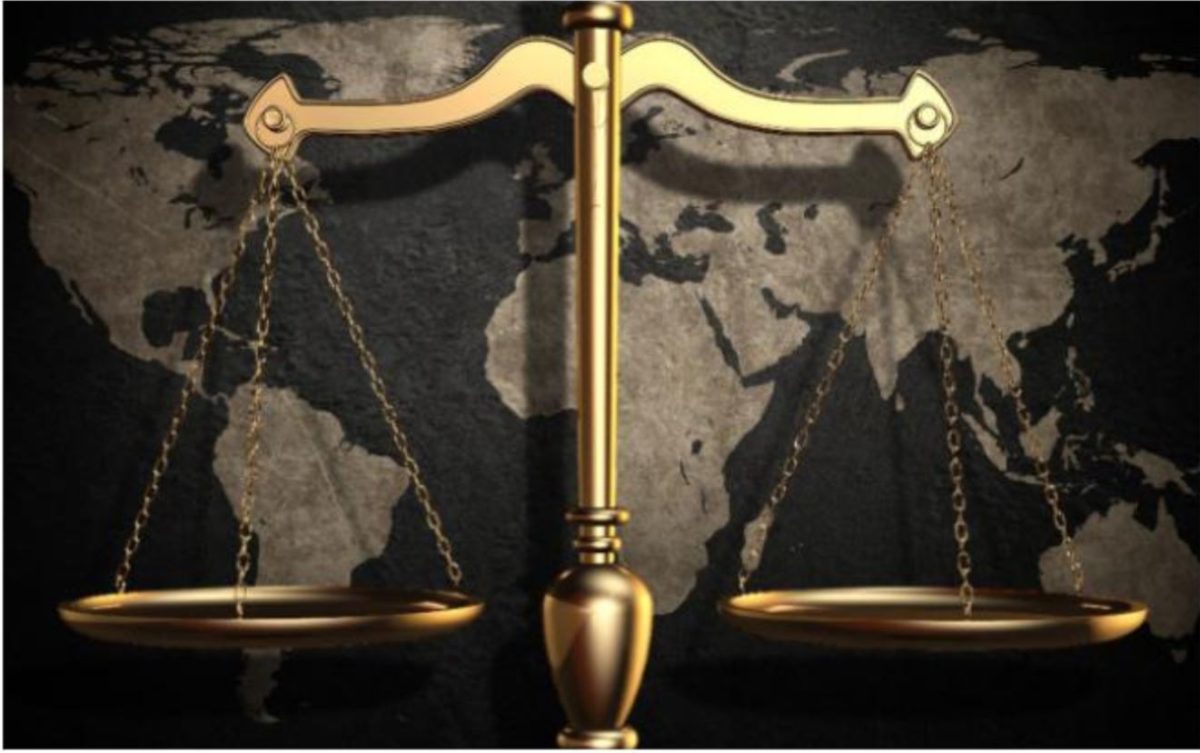An unusual alignment of general elections around the world makes 2024 “The Year the World Votes.” Over 40% of the world’s population in over 50 countries—including seven of the world’s biggest 10 countries—vote this year.
Elections have already taken place in Taiwan, Bangladesh and Pakistan. Some of the biggest countries in the world—India, Indonesia, Russia (where the result is a foregone conclusion), South Africa and, of course, the United States—vote later this year.
The conduct and outcomes of these elections—many of which will be chaotic, violent and disputed—will be critical to the future of democracy and international security.
President Joe Biden has framed his foreign policy as a global battle between democracy and authoritarianism. He has framed his electoral campaign in the same terms.
So, what is so great about democracy? Why is it worth fighting for on the battlefield and at the ballot box?
Here are plenty of good reasons. Democracy gives us a voice and a choice through free and fair elections. It gives us representation in political decision-making. It makes our political representatives accountable by giving us the opportunity to “throw the bums out” every four years. Democracies protect our rights, including freedom of speech, assembly and religion. Democracies protect the rights of minorities. Democracies safeguard the rule of law, meaning, among other things, that no one is subject to arbitrary arrest and detention and that everyone, including government officials, is subject to the law; no one is above the law. Strong democracies provide mechanisms for the peaceful transition of power that prevent political turmoil and allow for orderly governance. Democracies create the political environment for innovation, creativity, adaptability and good quality of life.
These are, of course, democratic ideals and aspirations.
The reality is that most of the world’s democracies are far from perfect. According to the EIU Democracy Index, just 18% of countries voting this year are “full democracies”; 40%, including our own imperfect union, are “flawed democracies.”
This means that we cannot afford to be complacent. It means that we must fight to improve, or at least hang onto, our flawed democracies. After all, we want to be heard, we want to practice the religion of our choice, we want to be our true selves, we want to live free from fear and we want these things not only for ourselves but for our family, friends and, as part of what the philosopher David Singer calls an “expanding circle of empathy,” our neighbors and beyond.
Democracy hangs in the balance this year. Elections, especially those in flawed democracies, are going to be consequential. Arguably, no more so than here in the U.S., where, unlike in many countries around the world, we still have a choice—a stark one at that.
The choice we have is between (1) a commitment to democratic values or (2) a lack of commitment to democratic values. The latter, sometimes called “democratic backsliding,” involves undermining the rule of law, restricting civil liberties, manipulating or attempting to manipulate elections, corruption and cronyism. Internationally, this would mean shifting away from multilateralism, shifting toward neo-isolationism and a consequent diminution of American influence in the world, a reduced ability to shape the world in which we live, which, for the past 70 years, has been a democratic world.
What sort of world do you want to live in? What sort of country do you want to live in? How will the outcome of the election affect your life and those of your loved ones? The November presidential election gives you the power to shape your preferred world.
You are only going to get one shot. You do not want the wannabe dictator to become the dictator because, after that, you get no choice.


